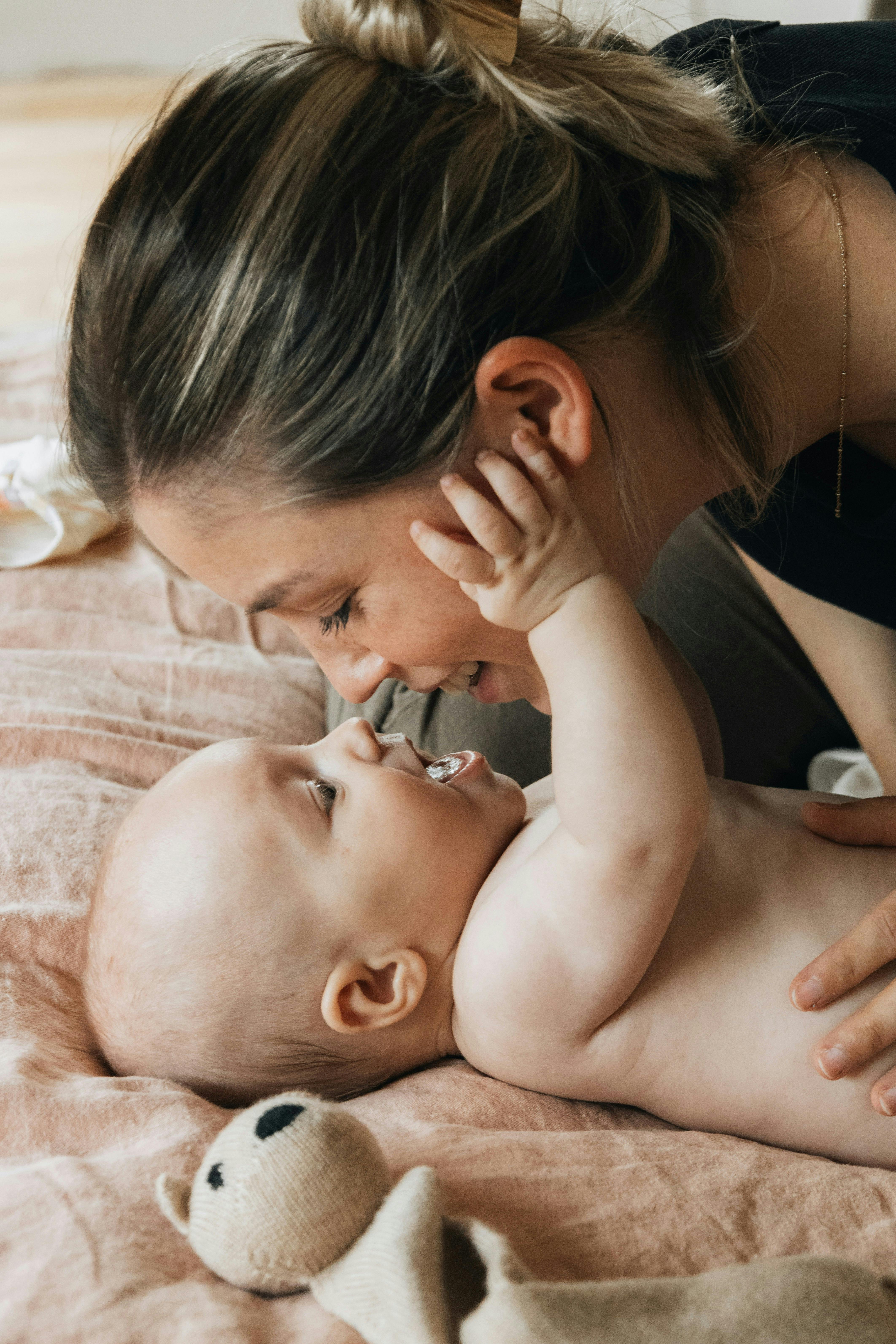Smart Ways to Train Your Pet Parrot for Better Communication in 2025

Essential Guide to Caring for Your Pet Parrot in 2025: Discover Proven Tips
Caring for a pet parrot is a rewarding experience that requires commitment and understanding. As intelligent and social creatures, parrots develop strong bonds with their owners and require proper care to thrive. In 2025, with advancements in bird care knowledge and products, this essential guide will provide you with the latest proven tips to ensure that your pet parrot remains healthy, happy, and well-cared for. From diet and training to socialization and mental stimulation, this article will equip you with the tools you need for successful parrot ownership.
Parrots are known for their vibrant personalities and vocal abilities, making them unique companions. However, they also have specific needs regarding nutrition, exercise, and mental engagement. This essential guide unpacks the nuances of pet parrot care, exploring pet parrot foods, pet parrot training, and pet parrot toys. We will delve into understanding pet parrot behavior, managing their health, and ensuring an enriching environment.
By the end of this guide, you will gain insights into pet parrot bonding, grooming needs, and the best practices for fostering a healthy relationship with your parrot. We will also look at the importance of pet parrot socialization and the crucial aspects of stipulating your parrot's lifespan and health requirements. Get ready to take comprehensive care of your cherished avian friend!
Understanding Pet Parrot Care Essentials
Defining Pet Parrot Care
Pet parrot care includes all actions necessary to maintain a parrot's physical health and emotional wellbeing. This involves providing adequate nutrition, secure housing, and opportunities for social interaction and play. Without proper care, pet parrots can face a range of health issues, including obesity, feather plucking, and psychological distress.
Choosing the Right Pet Parrot Species
When considering adoption, it's essential to research different pet parrot species. Each species varies in size, life span, and care needs. While larger parrots like Macaws can live upwards of 50 years with appropriate care, smaller species like Budgerigars typically live 5 to 10 years. Each species also has unique personality traits that may suit different types of owners.
Creating a Comfortable Environment
Your pet parrot's environment should be as enriching as possible. Ensure that their pet parrot enclosure is spacious and includes perches, toys, and places to hide. Proper placement of the cage is critical; it should be located in a common area where the parrot can observe family activities yet also have a quiet spot for rest. You can find more tips on creating a bird-friendly home in this detailed article.
Optimal Pet Parrot Nutrition
Essential Diet Components
A balanced pet parrot diet is crucial for health. A diet primarily composed of high-quality pellets, supplemented with fresh fruits and vegetables, provides essential nutrients. It's vital to include foods rich in vitamins A, D3, and calcium, which support healthy feather growth and bone structure. Seeking avian nutrition information can help ensure the best choices for your parrot’s meals.
Feeding Schedule and Portions
Establishing a feeding schedule is essential. Parrots thrive on routine, and providing meals at consistent times helps improve their emotional well-being. Be mindful of portion sizes; overfeeding can lead to obesity and related health issues. Consult your vet for specific recommendations catered to your parrot's species and age.
Understanding Pet Parrot Allergies
Like humans, parrots can suffer from allergies, which can manifest through various symptoms like itching, sneezing, or respiratory issues. Common allergens include certain foods and environmental factors. If your parrot shows any signs of allergic reactions, seeking veterinary advice is critical.
To maintain peak nutrition, consider introducing pet parrot snacks and treats that are healthy and safe for regular consumption. These can also serve as rewards for training—providing motivation for positive reinforcement.
Effective Training Techniques for Parrots
Basic Command Training
Training is vital in establishing obedience and a strong bond with your pet parrot. Start with basic commands, such as "step up" or "come here.” Utilize consistent cues, rewards, and positive reinforcement techniques. For example, rewarding your parrot with their favorite pet parrot foods after a successful command can encourage further learning. Training sessions should be short, fun, and filled with patience.
Advanced Behavioral Training
Once your parrot grasps basic commands, you can introduce more complex tasks and tricks. Utilizing clicker training can enhance learning as the parrot associates the sound with a reward. This phase can also help manage any potential pet parrot behavioral issues, reinforcing desirable behaviors and addressing unwanted actions in a structured manner.
Vocalization and Communication Skills
Parrots are naturally vocal creatures. Teaching your parrot to mimic sounds or words can be both entertaining and serve as social interaction. Start with simple phrases and avoid overwhelming them with complex sentences. Proper communication fosters a deeper emotional connection, allowing for a stronger bond. Understanding your parrot’s vocalization patterns can indicate their mood and health as well.
Socialization and Bonding with Your Parrot
Importance of Social Interaction
Parrots are extremely social animals and require interaction with their owners as well as exposure to different environments. Daily interaction helps prevent loneliness, which can lead to behavioral issues. Create a daily routine that includes talking to your parrot, and letting them participate in family activities.
Bonding Activities
Engage your pet parrot in bonding activities such as interactive playtime with safe pet parrot toys, or flying exercises, which also can help improve their physical health. Regularly rotating toys can keep your parrot mentally stimulated and prevent boredom. Look for toys designed specifically for birds that promote problem-solving and engagement.
Encouraging Positive Interactions
When introducing new people or pets into the parrot's environment, proceed with caution. Monitor their reactions to different social interactions, and reward positive behavior. Socializing is essential, as parrots can become territorial or anxious if they feel threatened. Ensure that all interactions are supervised, especially with children, to create a secure atmosphere.
Maintaining Your Pet Parrot's Health
Regular Health Checks and Vet Visits
Routine veterinary check-ups are vital in preventing potential health issues. Schedule annual health checks that include vaccinations and general examinations. Keeping track of pet parrot health can prevent serious diseases and ensure your bird is thriving. Track any behavioral changes, as they can signify health concerns that should not be overlooked.
Common Health Issues in Parrots
Be aware of common health problems such as feather plucking, respiratory issues, or obesity which can severely affect a parrot's quality of life. If any alarming symptoms arise, such as changes in appetite, excessive vocalization, or lethargy, consult with an avian vet immediately. Additionally, learn how to identify signs of depression in parrots, which can help in early detection of emotional distress.
Health Maintenance Practices
Maintain health by ensuring proper hygiene and cleanliness in their living environment. Regularly clean their pet parrot enclosure and any toys to prevent infectious diseases. Provide fresh water daily and inspect their food for any spoilage. Consider keeping a pet parrot health checklist to manage their health and wellbeing effectively.
Enrichment Activities for Parrots
Creating a Stimulating Environment
Providing mental stimulation is crucial to your parrot's wellbeing. Incorporate a variety of pet parrot enrichment activities, which can include foraging toys, complex puzzles, or safe items to shred. These types of activities help in combating boredom and foster natural instincts.
Outdoor Experiences and Exercise
Taking your parrot outside can provide essential exercise and mental stimulation. If you can safely supervise them, consider harness training to let them experience nature. If you prefer keeping them indoors, set up climbing areas or play gyms that provide opportunities for activity.
Games and Interactive Play
Incorporate games that require your parrot to think, such as teaching them to find treats hidden in toys or cardboard boxes. Interactive play not only stimulates mental capability but strengthens your relationship through shared experiences and fun.
Common Q&A for New Parrot Owners
What type of food should I feed my parrot?
Ensure that your parrot's diet consists primarily of high-quality pellets, supplemented with fresh fruits and vegetables. Avoid offering too many seeds or fatty foods, as they can lead to obesity and malnutrition.
How can I improve my parrot’s social skills?
Regular interaction and training are key to improving your pet parrot's social skills. Spend time talking to them and include them in family activities to ease their social anxiety.
What are common signs of a sick parrot?
Watch for signs such as a change in appetite, excessive sleeping, lethargy, or unusual droppings. Regular vet check-ups can help catch issues before they become serious.
How often does a parrot need to see a vet?
A yearly health check is recommended, but if you notice any unusual behavior or signs of illness, schedule a visit to the vet as soon as possible.
Can parrots bond with other pets?
With proper supervision and gradual introductions, many parrots can bond with other pets. Each interaction should be monitored to ensure safety and comfort for all animals involved.

